See what customers are saying
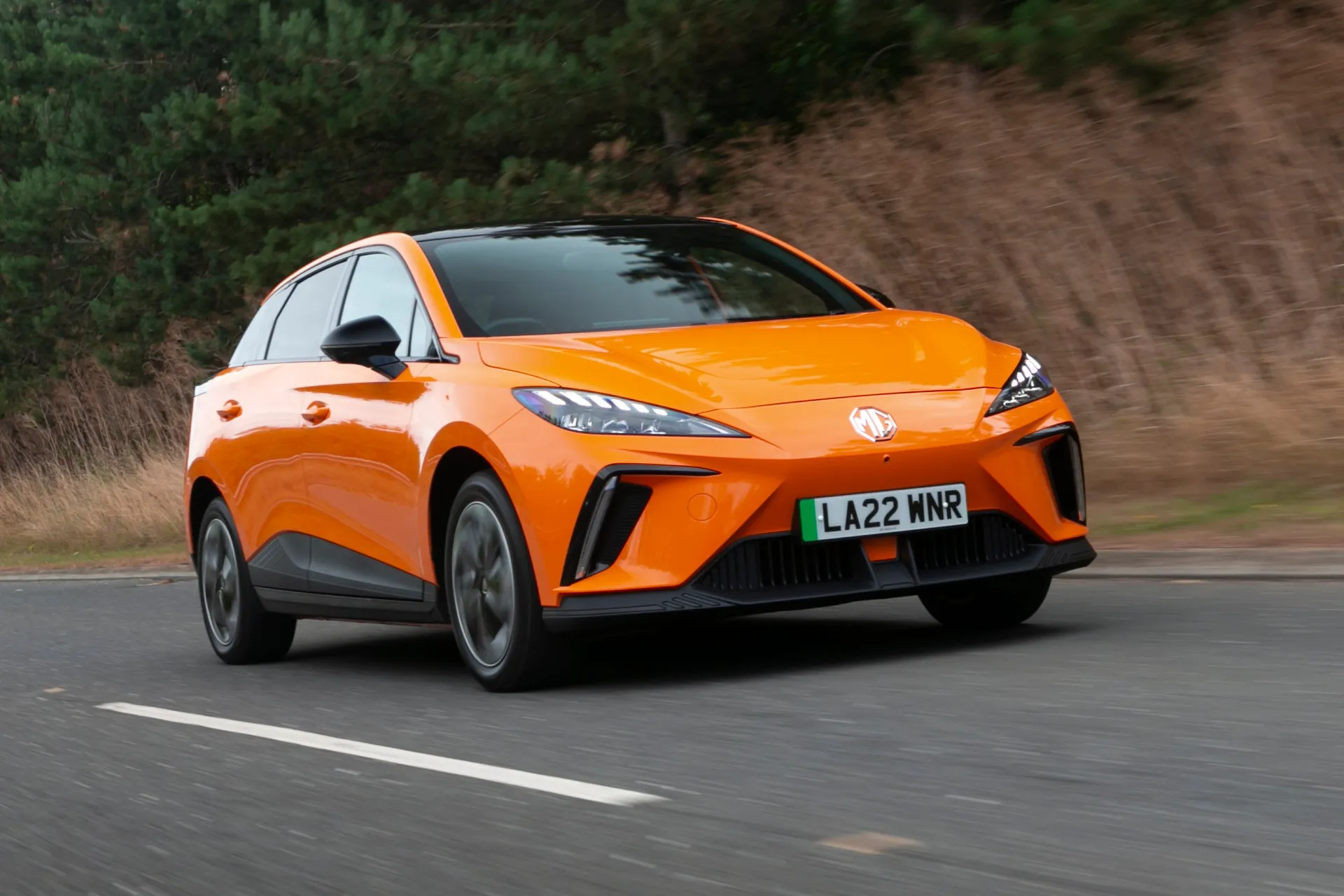
Cheapest electric cars
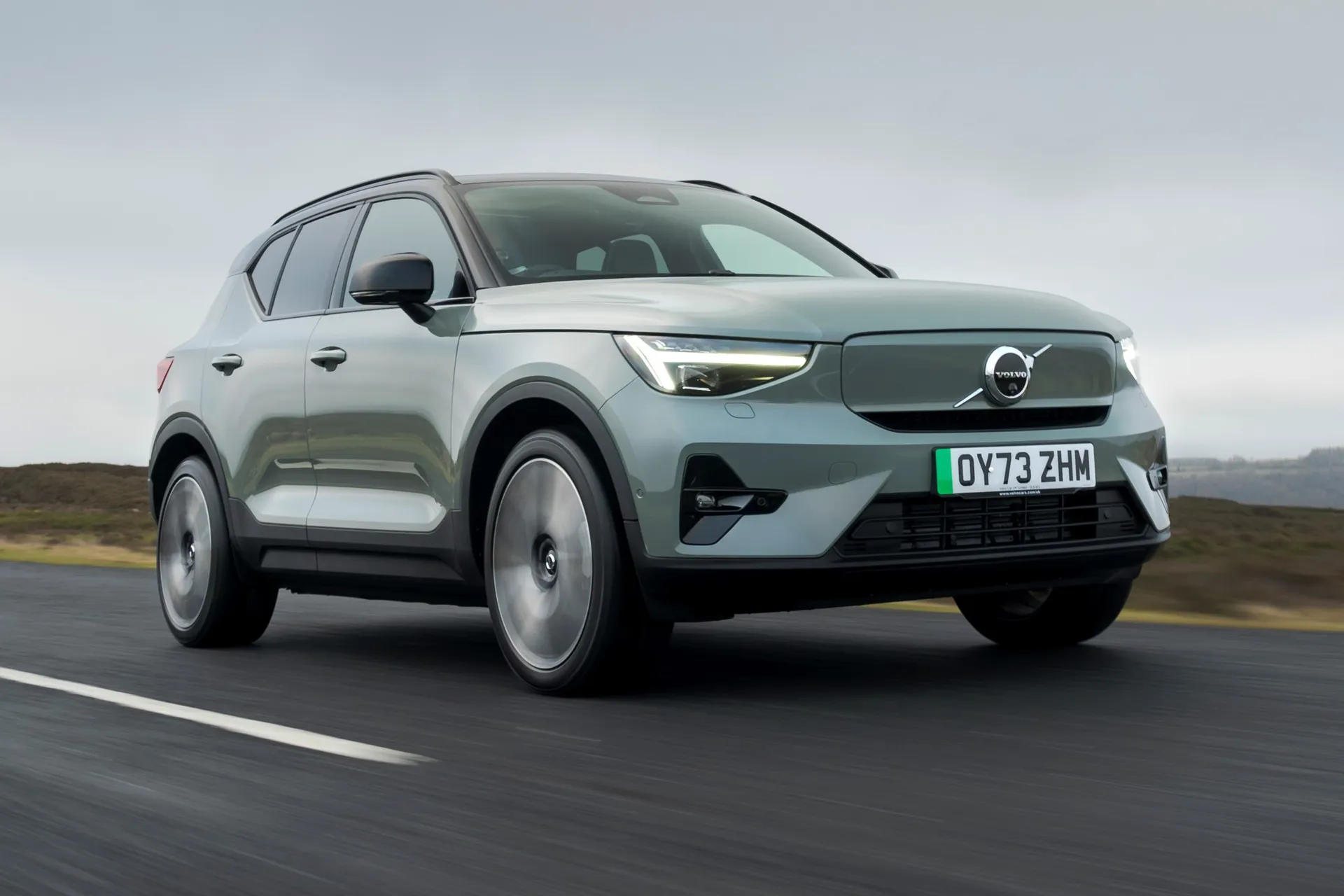
Best small SUVs
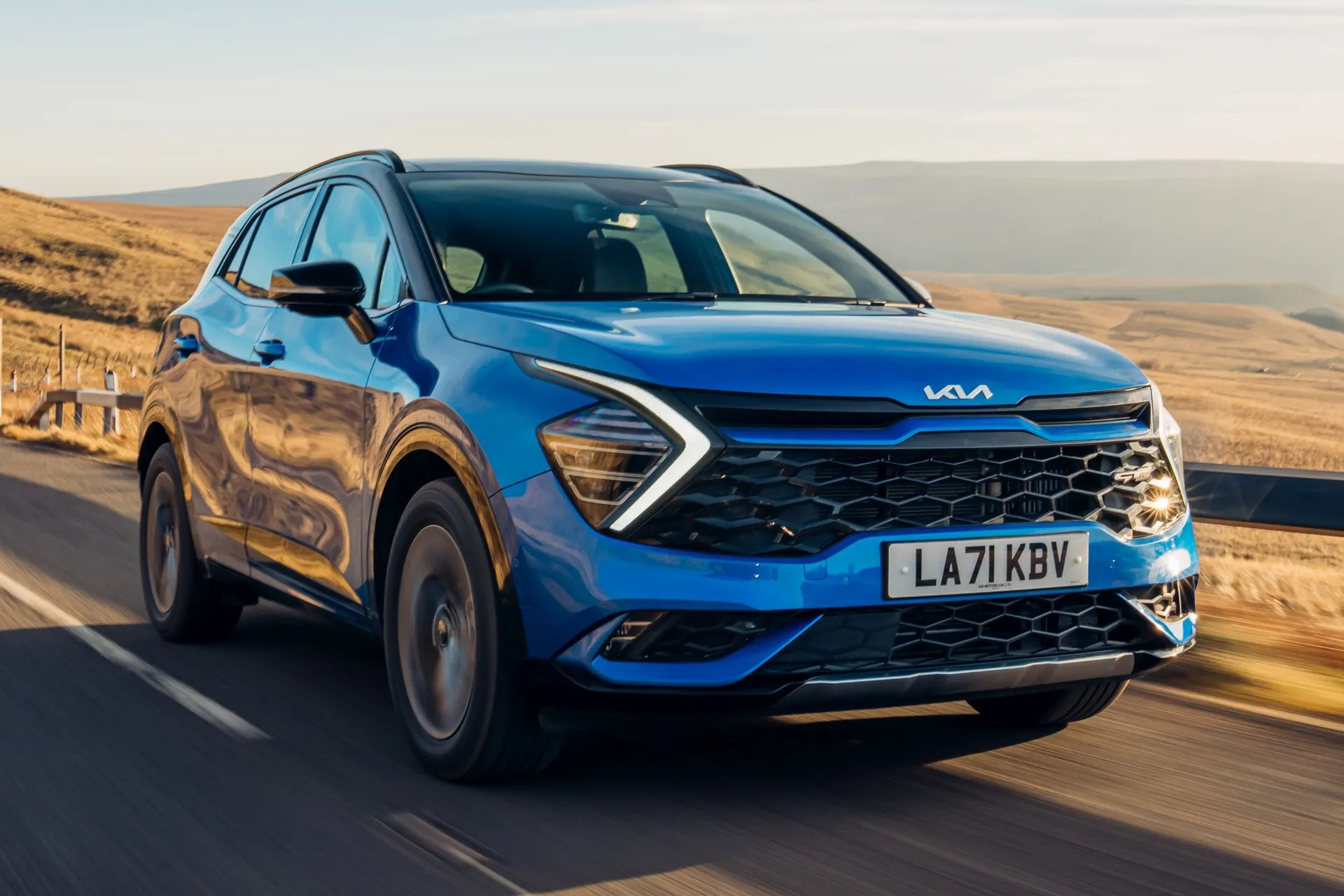
Best family cars
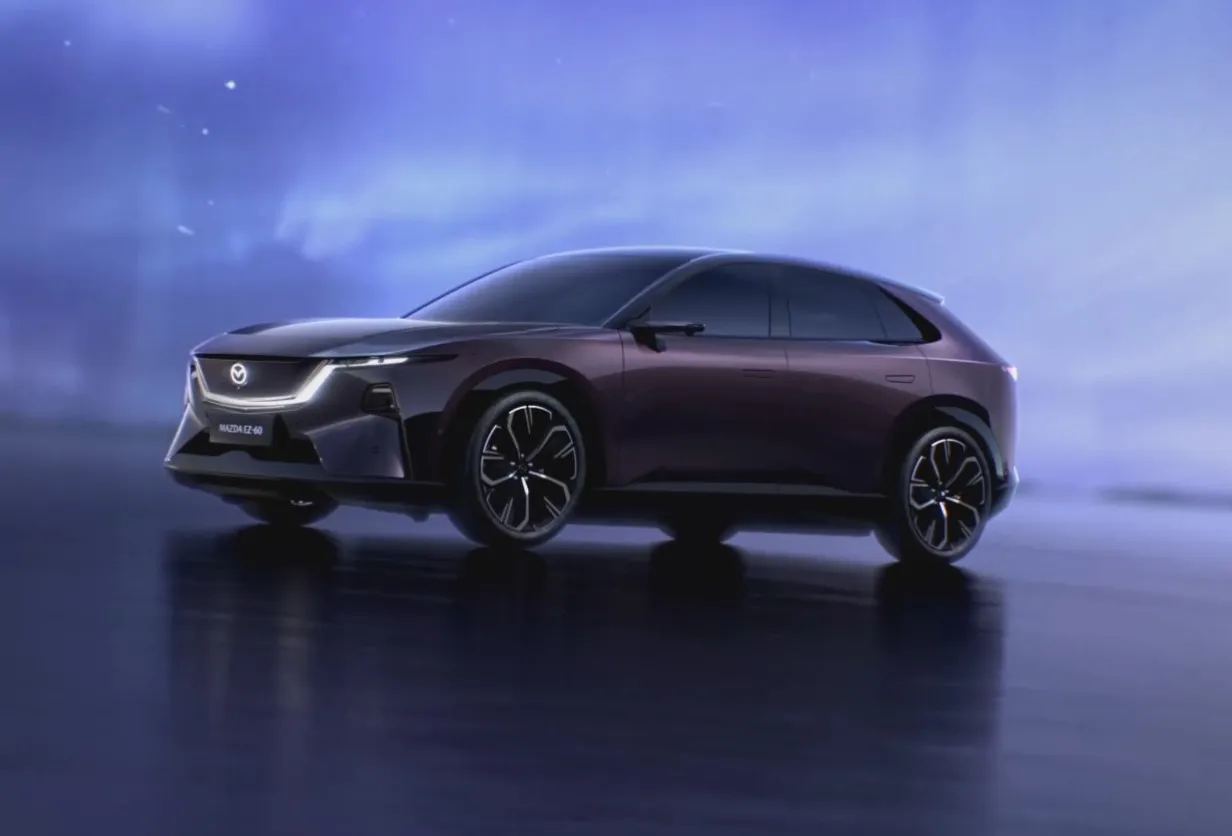
New 2026 Mazda CX-6e
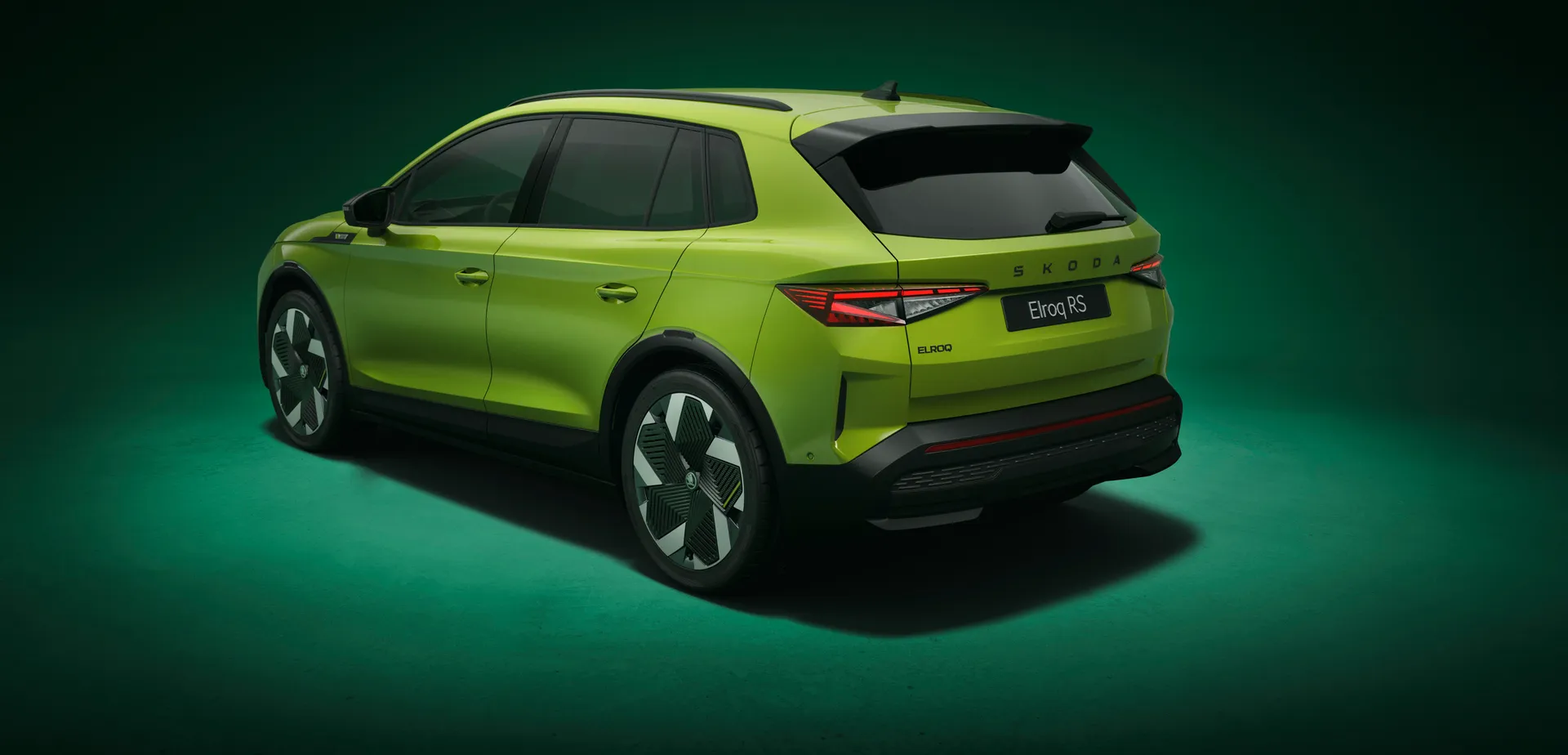
New 2025 Skoda Elroq vRS
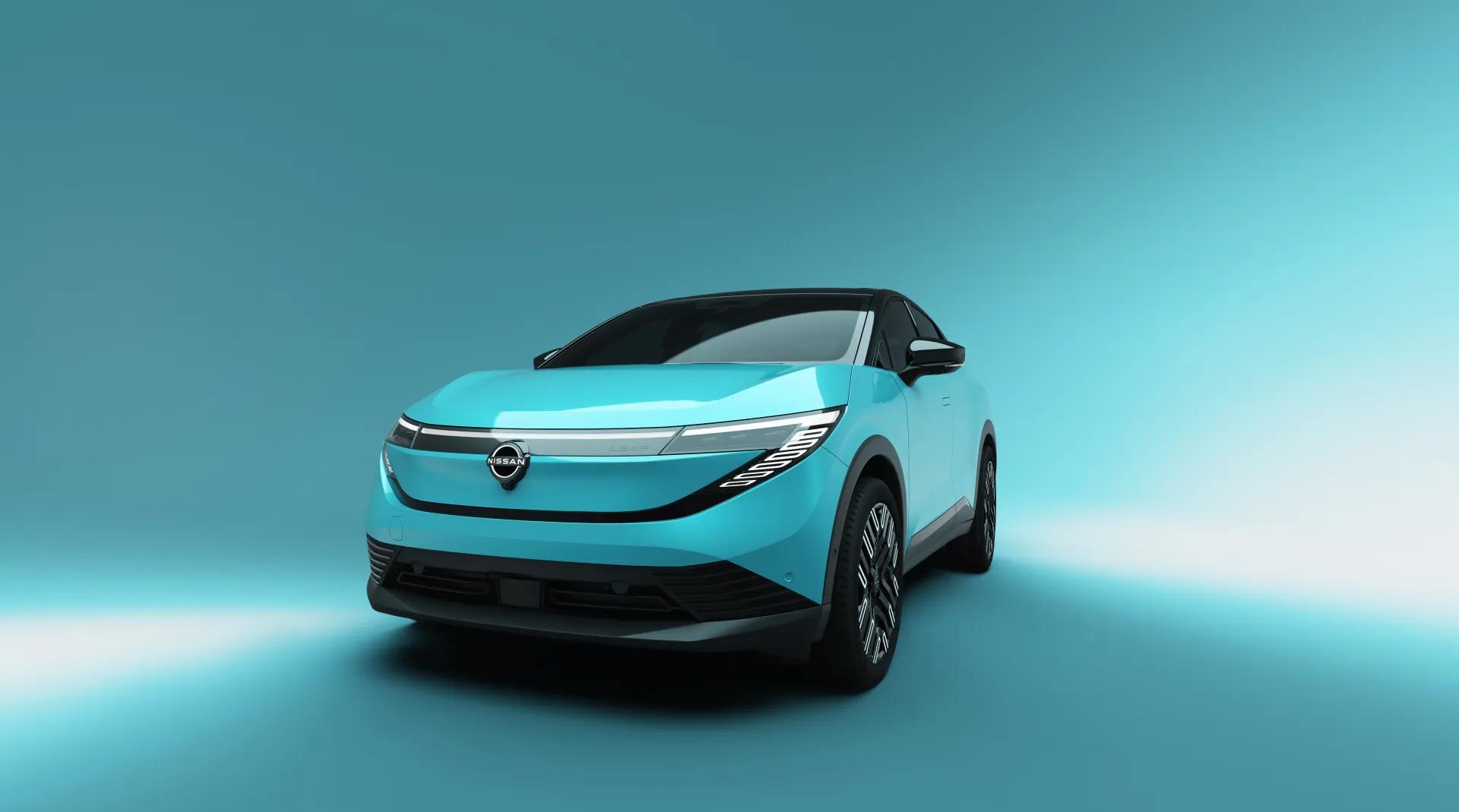
New 2025 Nissan Leaf
Peugeot 2008 Review
The original Lexus ES was one of the first cars that Toyota’s luxury brand launched, all the way back in 1989. It was the 2018 car that was first to be offered in the UK though, replacing the sportier, rear-wheel drive Lexus GS with a slightly more relaxed front-wheel drive model that shares its underpinnings with the Toyota Camry.
It might not appeal to everyone as a result, but for a certain type of buyer, the ES could be the ideal executive saloon, prioritising space, comfort, economy and reliability over a go-faster image.
If that doesn’t sound like you, then the Audi A6, BMW 5 Series, and Mercedes-Benz E-Class are the usual suspects in this class, with more Lexus-like left-field options including the Jaguar XF and Volvo S90.
Buying a Lexus ES is very much a conscious decision to avoid the more obvious choices in the executive car class, namely those from German brands which might offer more performance, driver appeal or fancy features.
Instead, an ES buyer will probably be more concerned by the Lexus brand’s watertight reputation for build quality and reliability, customer service that’s among the best in the industry, and the relaxing feel and low fuel consumption of the car’s hybrid powertrain.
That powertrain uses a 2.5-litre petrol engine and electric assistance for claimed economy in the 50mpg range. It’s not an engine that’ll encourage you to drive quickly, but that’s sort of the point - if you’re rarely in a hurry then the ES seems almost tailor-made for that kind of driving style. It’s incredibly quiet and refined, and while the CVT automatic does result in higher noise levels under hard acceleration, it’s still admirably hushed overall.
The cabin is more spacious than its Lexus GS predecessor too, but the sense of long-lasting quality is present and correct. Everything feels, and more importantly genuinely is, very well put together, and will likely remain that way for a long time to come. That also applies to the car’s mechanical parts - Lexus still has an enviable reputation for reliability.
The German models we mentioned above include the Audi A6, BMW 5-Series, and Mercedes-Benz E-Class. All have very strong reputations, drive well, and have a wider engine range than the Lexus. The Jaguar XF is another option, though Jaguar struggles to compete with Lexus for long-term reliability. Finally, there’s the Volvo S90 - another exec saloon that prioritises comfort and relaxation over sporty handling.
A Lexus ES not for you? We've got 1000s of used cars for sale to suit all budgets and needs
As with our full review of the Lexus ES, we’d be more than confident in pointing you towards the unadorned version, badged simply ES. It’s very well equipped from the outset and while Premium Edition, F-Sport, and Takumi models do ramp up the luxury feel further (well, with a sporting flavour in the F-Sport), they ultimately all use the same hybrid drivetrain and don’t offer any performance or notable ride and handling benefits.
The trim levels offered on the Lexus ES are similar to that of other models in the Lexus range, with an entry-level car already packing plenty of equipment, and towards the top of the range, a performance-focused F-Sport and a luxurious Takumi variant. Lexus offers option packs that allow customers to further upgrade each trim level, so keep an eye out for these when buying a used ES.
The Lexus ES’s dimensions are:
The Lexus ES’s boot size is:
The government has implemented a VED surcharge for vehicles that cost more than £40,000 brand new, and the Lexus ES range straddles this price point, meaning some versions will cost a lot more to tax than others. If the car you’re looking at cost less than £40k brand new, it attracts the flat rate for hybrid vehicles of £170 per year. If it cost more than that new, VED climbs to £560, until the seventh year of registration when it drops back to the lower rate.
All Lexus ES models sit between groups 33 (for the entry level car) and group 38 (for a Takumi) in the 1-50 insurance group rating system. This is a little more than that of a Mercedes E-Class, which starts in group 28 - though the high performance AMGs knock on the door of the maximum rating.
Read our full Lexus ES review
19-36 of 19 vehicles
£41,000
What is the most popular colour for Lexus ES ?
What is the most popular gearbox for Lexus ES ?
What is the most popular fuel type for Lexus ES ?
What is the most popular engine for Lexus ES ?
What is the average mileage for Lexus ES ?
24421
How many Lexus ES cars are available for sale?
19